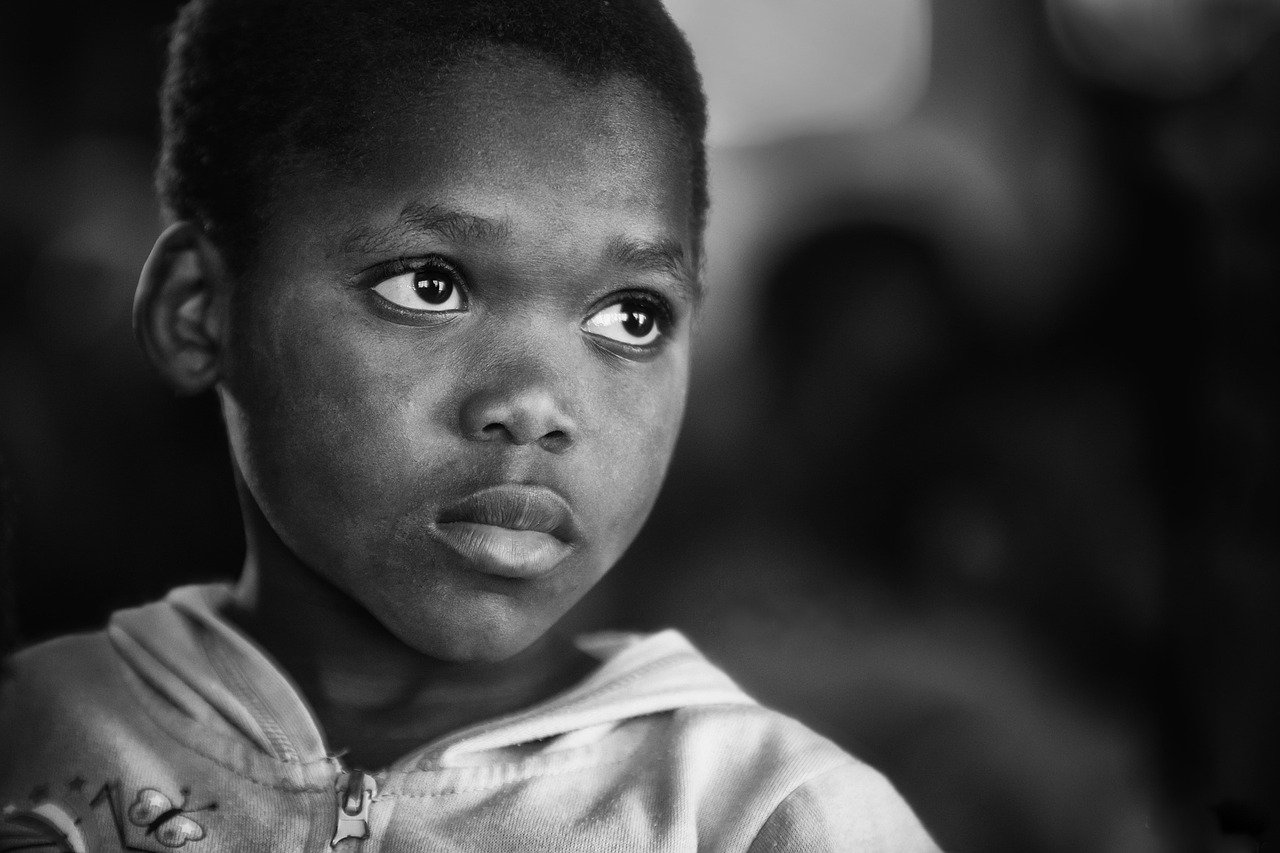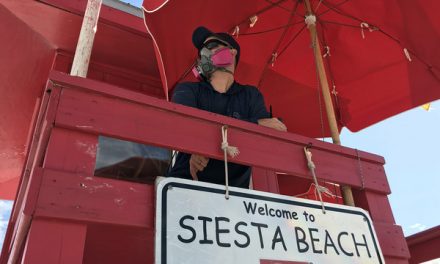Nestlé, Hershey and Mars are three of the world’s largest chocolate companies. Over the past few years, we have reported on the unethical ways they exploit child labor. It is worth saying again that twenty years ago these companies vowed to remove child labor from their operations. However, today they are STILL unable to confirm that child labor is not involved in the production of their chocolate.
West Africa supplies around two-thirds of the world’s cocoa. In 2015, the U.S. Department of Labor stated that over 2 million children were involved in the hazardous process of gathering cocoa – a key ingredient in chocolate. Much of this child labor comes from Burkina Faso, near Ivory Coast.
RELATED STORY:
These innocent children must carry burdensome loads, swing machetes and spray toxic pesticides as part of their daily routine harvesting cocoa. International law deems these practices the worst forms of child labor.
The Washington Post explains why these chocolate companies have not solved this problem, and why they refuse to confirm that they do not use child labor:
When asked this spring, representatives of some of the biggest and best-known brands — Hershey, Mars and Nestlé — would not guarantee that any of their chocolates were produced without child labor.
One reason is that almost 20 years after pledging to eradicate child labor, chocolate companies still cannot identify the farms where all their cocoa comes from, let alone whether child labor was used in producing it.
Mars, maker of M&M’s and Milky Way, can trace only 24 percent of its cocoa back to farms; Hershey, the maker of Kisses and Reese’s, less than half; Nestlé can trace 49 percent of its global cocoa supply to farms.1
RELATED STORY:
Antonie Fountain is managing director of the Voice Network, a group trying to end child labor in the cocoa industry. She states that child labor has not been eradicated because no one has been forced to eradicate it. She further stated:
“What has been the consequence . . . for not meeting the goals? How many fines did they face? How many prison sentences? None. There has been zero consequence.”1
A cocoa farmer questioned by the Washington Post felt bad about subjecting the young boys to the grueling work on the farms but stated he does not have a choice because he needs the help. The boys get paid a small wage, but first the farmer must pay the “big boss” who manages the boys. He is paid roughly $9 per child per week. The farmer added:
“I admit that it is a kind of slavery. They are still kids and they have the right to be educated today. But they bring them here to work, and it’s the boss who takes the money.”1
It is absolutely shameful that twenty years have passed and these billion dollar companies have not lived up to their word to protect these young children.












